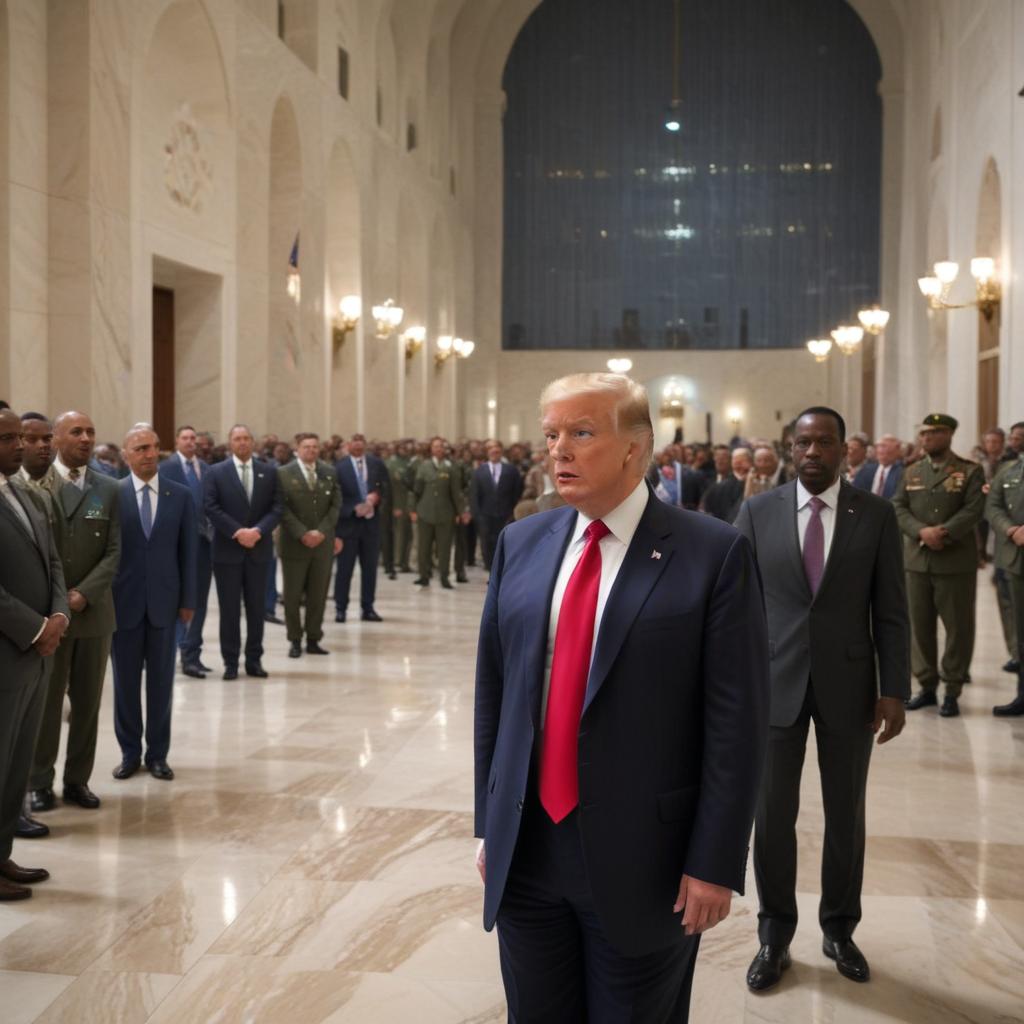President Trump announced a new travel ban affecting citizens from 12 countries, sparking outrage and condemnation.
President Donald Trump announced a new travel ban restricting entry for citizens of 12 countries and imposing heightened restrictions on visitors from seven others. The ban, effective Monday, targets Afghanistan, Myanmar, Chad, the Republic of Congo, Equatorial Guinea, Eritrea, Haiti, Iran, Libya, Somalia, Sudan, and Yemen. Heightened restrictions apply to Burundi, Cuba, Laos, Sierra Leone, Togo, Turkmenistan, and Venezuela. Trump linked the ban to a recent terror attack in Colorado, citing visa overstays as a security concern, though the suspect in that attack was from a country not on the list. The administration justifies the ban based on an annual Homeland Security report on visa overstays, highlighting countries with high percentages of overstays. The decision has drawn criticism, particularly the inclusion of Afghanistan, which has angered those who worked to resettle Afghan people. The ban includes exceptions for Afghans with Special Immigrant Visas. Haiti's inclusion is also controversial, given ongoing political instability and violence. Iran's inclusion drew no immediate reaction. Other Mideast nations on the list face ongoing civil strife. International aid groups and resettlement organizations condemned the ban, arguing it is divisive and targets vulnerable communities. The ban stems from a January 20 executive order requiring a report on national security risks associated with entry from certain countries. This echoes Trump's first-term travel ban, which faced legal challenges and was ultimately upheld by the Supreme Court.



